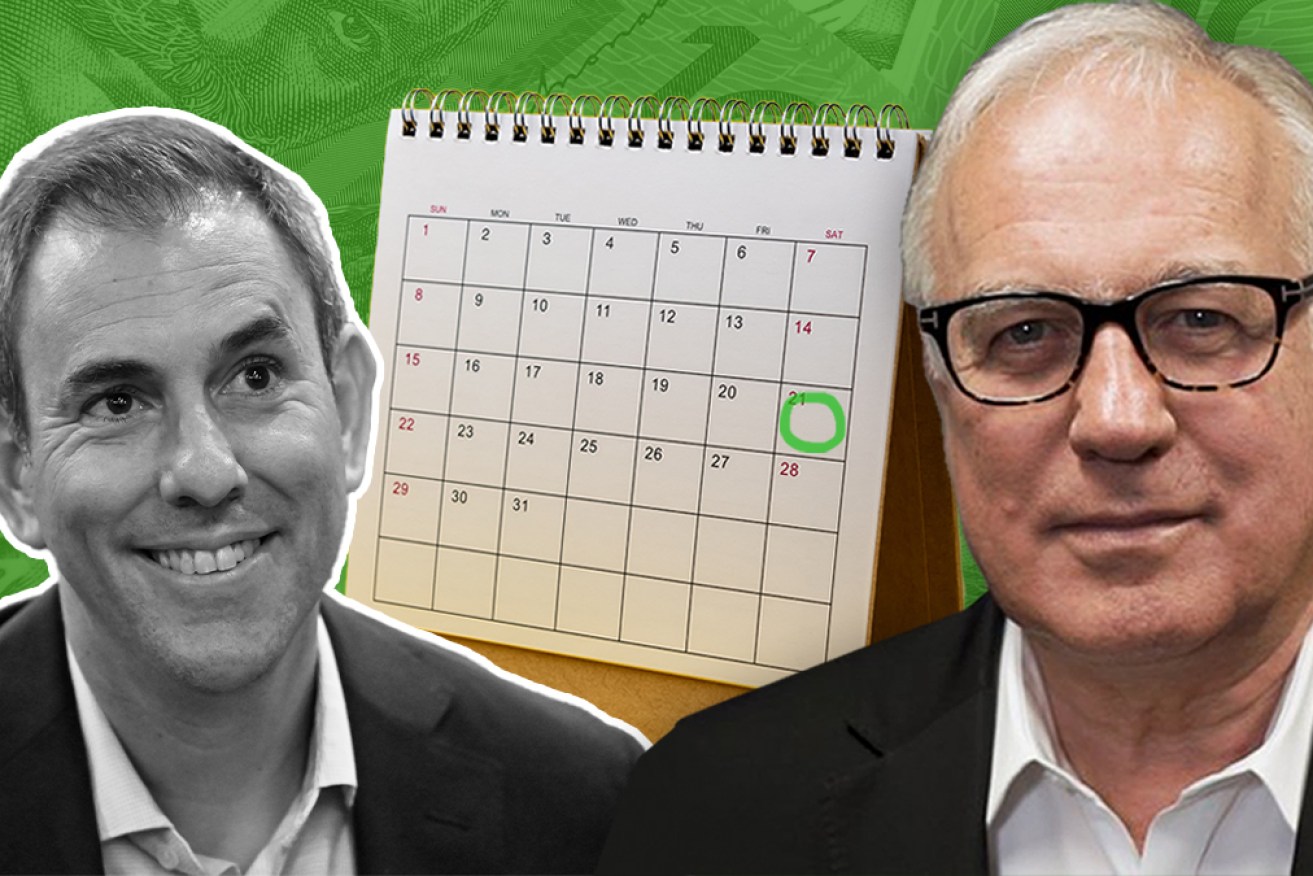Alan Kohler: The superannuation tax increase is a dress rehearsal


Treasurer Jim Chalmers has more in store to restore balance in the budget, Alan Kohler writes.
It looks like Treasurer Jim Chalmers has hit upon a very clever way to seek an election mandate for tax increases but book the revenue straight away: You make an announcement that it’s happening … in two and a half years’ time, after the next election.
The earliest the next election can be called for the House of Representatives and half the Senate is August 3 next year, and the latest is May 17, 2025.
The increased tax on superannuation balances above $3 million is due to start on July 1, 2025, six weeks after that.
So the tax increase announced this week is actually an election policy, not really a broken promise, a bit like John Howard’s announcement of the GST in 1998. If the Coalition wins in 2024 or 2025, it won’t happen; if Labor wins, Anthony Albanese can rightly claim a mandate for it.
But here’s the best bit: Because it has been announced, the money can go in the forward estimates in this year’s budget. Lovely!

John Howard considered his re-election in 1998 as a ‘mandate for the GST’. Photo: Getty
Howard’s way
When John Howard broke his promise not to introduce a goods and services tax in 1998, it was just two weeks before he called the early election but three months after the budget.
He nearly lost the election with a 7.7 per cent swing against him, but Howard won and was able to claim the mandate for a GST. He had to wait seven months to get it into the 1999 budget.
He should have announced the GST in March 1998 to start in 2000 and then he could have included it in the forward estimates in the budget in May 1998.
That’s what Jim Chalmers has done, and what’s more it means there’s not much doubt that the $2 billion from the increased tax on super is merely a dress rehearsal.
Budget repair begins
That money will barely touch the sides of what’s required to even start to repair Australia’s shattered federal government finances.
The budget in October predicted annual deficits of 2 per cent GDP, or $50 billion, basically forever. The balance has improved since then because of more company tax revenue from higher commodity prices but that’s likely to be temporary, and spending on defence, NDIS, aged care and Medicare is blowing out fast and will make a very big mess of the budget in May if properly recognised.
Along with this week’s announcement, Chalmers also released the full list of tax expenditures, including the $46.8 billion worth of superannuation tax concessions (now minus $2 billion).
There are 51 of them, costing the budget $268.6 billion. Why publish them? “Just being transparent,” said the Treasurer.
Right. Or is it a sneaky agenda, like the so-called “Objective of Superannuation” that was pushed out last week to prepare the ground for this week’s tax increase?
What’s to come?
So what else might Chalmers do?
Well, he probably won’t go after the whole main residence exemption from capital gains tax ($48 billion), that would be suicide, but what about capping it at, say, houses worth $10 million? Or even $5 million?
Or ditching the capital gains tax discount itself ($23.7 billion)? Or the negative gearing rent deductions ($24.4 billion)? Or the exemption of food, education and health from GST ($19.2 billion)? Or accelerated depreciation for companies ($7.8 billion)? Or the lower tax rate for small companies ($3.6 billion)?
Or dropping the stage 3 tax cuts?
Some of those things, and a cut in dividend franking, were in Labor’s election platform in 2019, and roundly rejected by voters, but there’s a big difference between proposing a tax increase from opposition and actually announcing it in government.
If Chalmers announced any of those other things ahead of the May budget, to start on July 1, 2025, they would essentially be election policies that could be included in the budget immediately, and hey presto – instant budget repair! He could demonstrate the benefit as well as the cost.

Opposition Leader Peter Dutton will be hoping Dr Chalmers goes too far with reform. Photo: AAP
Balancing act
The calculation, of course, is: How much budget repair would lose Labor an election against Peter Dutton, and this Coalition, so soon after the horrendous Robodebt royal commission?
They have obviously decided that raising $2 billion by doubling the tax on superannuation balances above $3 million will not lose them the election, and they only flew that kite in the media breeze for a week.
Peter Dutton and shadow treasurer Angus Taylor have been manfully declaring it to be the worst atrocity committed by any government, ever, but were spinning their wheels after about 24 hours.
Expenditure options
Meanwhile, the release of the list of tax expenditures has put dozens of kites in the air at once. Which ones will catch a puff of breeze? You can be sure they’ll be watching, as they hold the strings.
And to what extent can the nasty smell of tax hikes be cancelled by the Air Wick of spending on things like the NDIS and Medicare that the government can say they will fund?
As John Howard showed, all you have to do is get across the line in the second election with a tax increase and you’re home and hosed.
It’s true that he was mightily helped in 2001 by Tampa and 9/11 – in fact before September 11, 2001, the Coalition was trailing Kim Beazley’s Labor 52-48 in the polls (two-party preferred), and probably would have lost.
But that just shows you never know what’s going to happen and incumbency is its own reward.
Alan Kohler is founder of Eureka Report and finance presenter on ABC news. He writes twice a week for The New Daily








